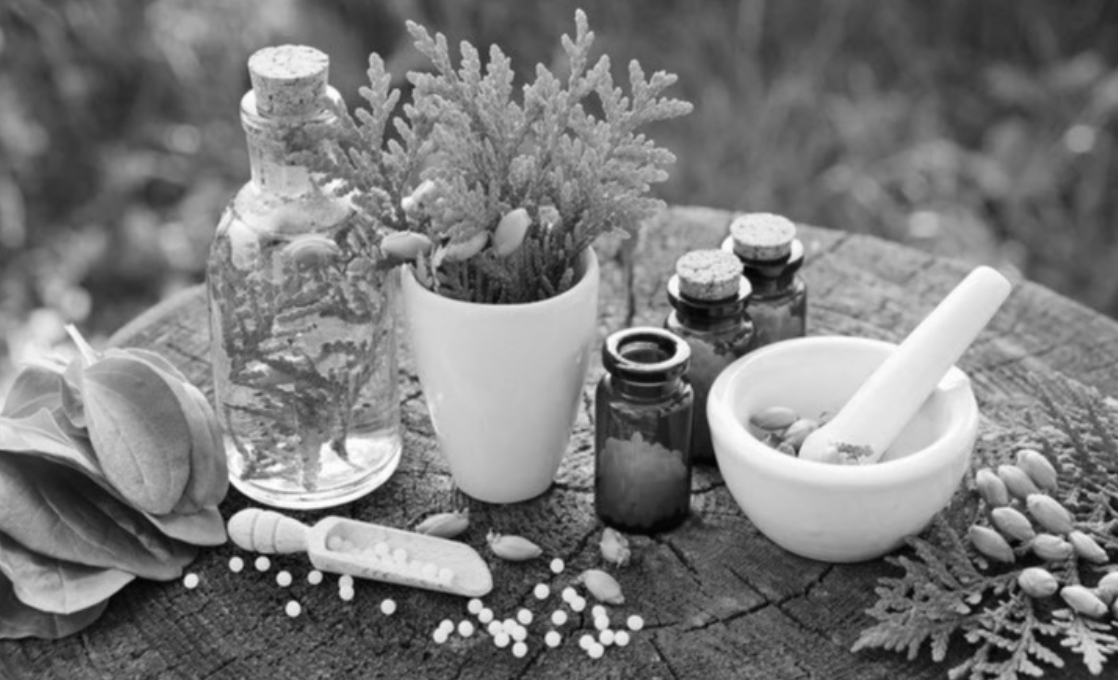Growing up in a society where technological wonders and cutting-edge medical advancements are abundant, it’s easy to overlook the age-old wisdom that nature holds. Natural medicine has made a resurgence in recent years, offering a holistic approach to health that is both gentle and effective.
According to a study published in the Journal of Adolescent Health, teenagers who incorporated natural remedies into their lifestyles reported a statistically significant improved mental well-being and stress management.
One such remedy making waves is aromatherapy, defined as the use of essential oils for therapeutic benefit. Essential oils are plant extracts, and in aromatherapy, they are usually inhaled or absorbed through the skin. According to Johns Hopkins Medicine, the scent molecules impact the amygdala, our emotional center, and there is evidence supporting the notion that aromatherapy can alleviate anxiety, depression, nausea and more. According to Healthline, the safest ways to use essential oils are through aromatherapy accessories, body oil, aroma sticks and essential oil diffusers.
“In middle school, I would buy ‘aromatherapy’ slimes and now I have a diffuser in my room,” senior Analia Guevera said. “The scents help me relax, especially when I’m stressed out.”
Long celebrated for their medicinal properties, herbal teas are an alternative to sugary drinks which come in a variety of flavors, such as chamomile, peppermint and ginger. According to Healthline, herbal teas support weight management, improve heart health, increase antioxidant levels, reduce blood pressure, improve cholesterol levels and more. Herbal tea bags are available in most commercial supermarkets, like Publix and Target, and the drink itself is often available for order in many restaurants or cafes.
“I make myself tea every night and drink it after dinner,” senior Melissa Ghorbanifarjezza said. “It definitely helps me with digestion and calms me down.”
Even physical activity can be a form of natural medicine. According to the American Psychological Association, activities like yoga have been shown to reduce stress and improve mental health.
Outdoor activities, in nature, are especially effective, according to the Yale School of Environment. Nature or “eco” therapy has been shown to lower blood pressure, reduce nervous system arousal, enhance immune system function, increase self-esteem, reduce anxiety and improve mood. Going for a walk in the park, sunrise yoga or simply integrating yourself into nature all work towards benefitting you.
“Immersing yourself in nature can help make you feel whole,” AP Psychology teacher Arturo Tenacio said.
Acupuncture, a taboo part of traditional Chinese medicine, can be a safe and effective treatment for a range of disorders. Consisting of a treatment, carried out by professionals, that involves inserting fine needles into specific points of the skin, acupuncture stimulates the central nervous system and releases chemicals into the brain, spinal cord and select muscles. According to the National Center for Complementary and Integrative Health, there is evidence that acupuncture helps relieve seasonal allergy symptoms, stress incontinence in women, joint pain, headaches and migraines and more. There is no minimum age to start acupuncture, and cost for the procedure usually ranges from $75 to $300 per session.
From nature to needles, the world of natural medicine is vast and waiting to be explored. Your well-being matters, and sometimes, the answers are as simple as a cup of tea or an essential oil.






























